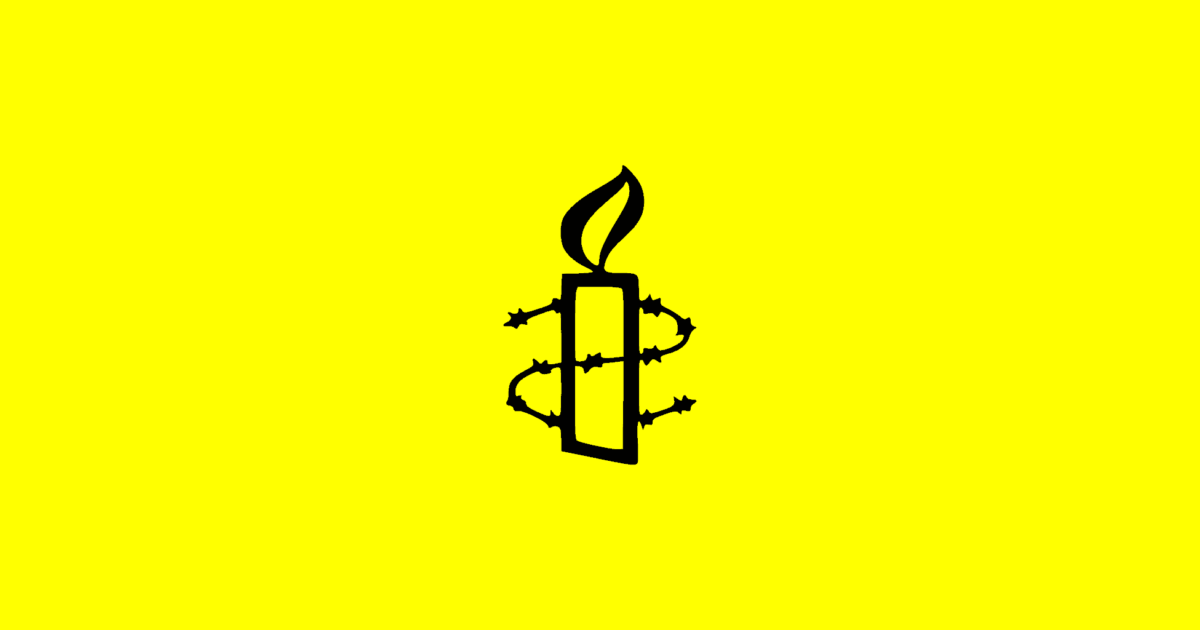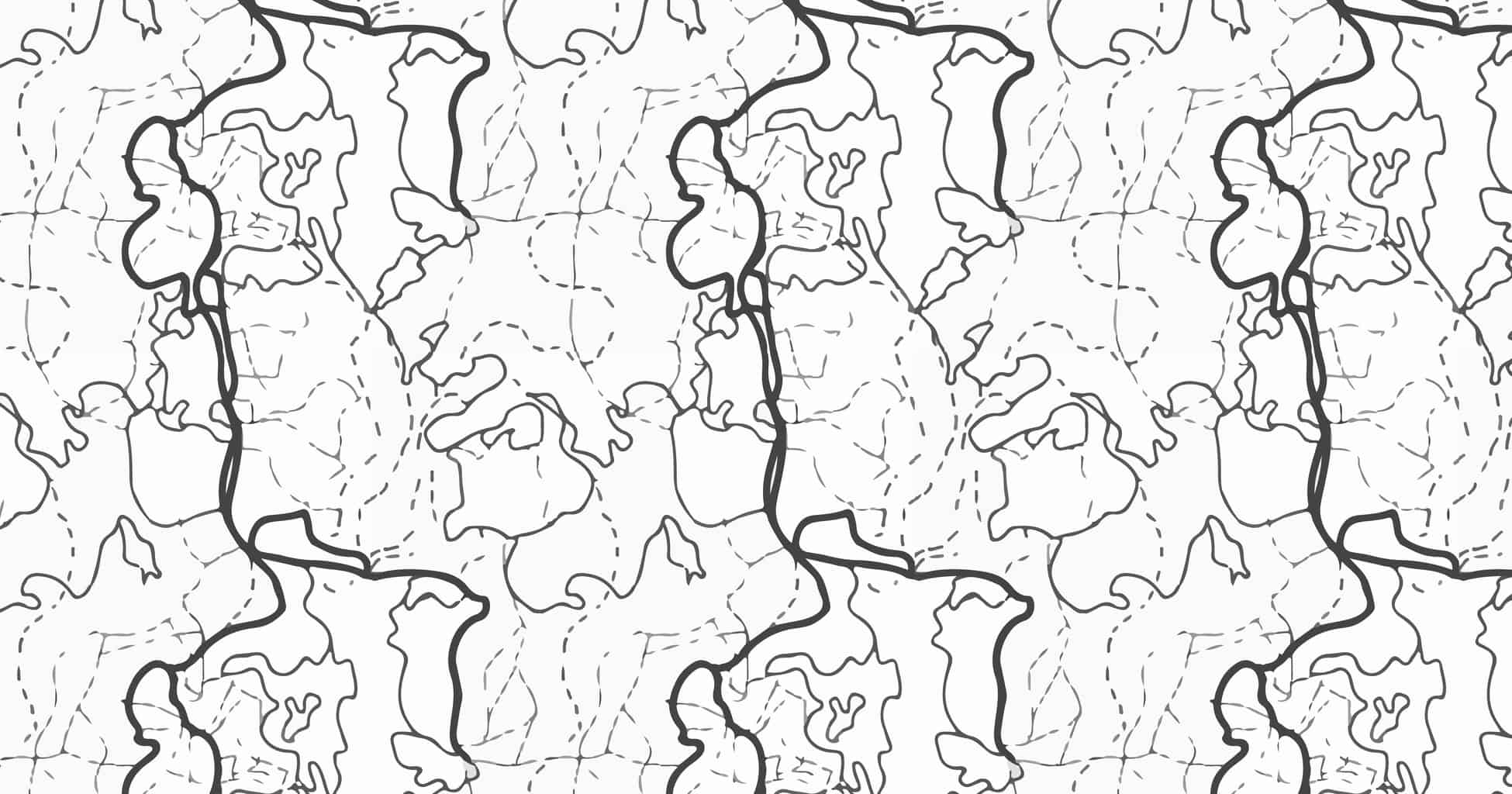Western Sahara
Western Sahara
Western Sahara has been the subject of a decades-long territorial dispute between Morocco and the Algerian-backed Polisario Front, having been arbitrarily partitioned between Morocco and Mauritania following the end of Spanish rule. Negotiations in 1991 and 2007 were both unsuccessful, and Western Sahara remains partially governed by Morocco.
Algeria continues to host approximately 100,000 refugees in Polisario camps, and a majority of camp administrators are women, although women are still imprisoned for adultery and are excluded from the highest ranking posts. Women have actively participated in the Polisario independence movement as both fighters and peaceful protesters, including acting as leaders in the National Union of Saharawi Women, which serves on the frontlines.
Based on the work of NGOWG members and their partners, the NGOWG advocates for including a human rights monitoring and reporting presence that encompasses gender considerations in the the UN Mission for the Referendum in Western Sahara (MINURSO) mandate.
Current and Past Recommendations to the UN Security Council (Monthly Action Points)
In its discussion of the forthcoming Secretary-General’s report on the UN mission in Western Sahara (MINURSO), and in its expected renewal of the MINURSO mandate, the Council should ensure the new resolution includes a human rights monitoring and reporting presence both in Western Sahara, annexed by Morocco in 1975, and the camps near Tindouf in south-western Algeria, administered by the Polisario Front. In line with OP 5 of SCR 2122 (2013), the Council could provide MINURSO with a human rights mandate, which – unlike most other missions established under the authority of the Council – it currently does not have. The Council could consider requesting the Office of the High Commissioner for Human Rights to deploy human rights monitors in both Western Sahara and the Tindouf camps. Such a human rights presence, which should be independent, impartial, comprehensive and sustained, as recommended in the previous reports by the Secretary-General, is critical to document ongoing human rights violations, including against women, and to overcome mistrust between the parties and build an environment conducive to meaningful political negotiations.
Relevant Resources



